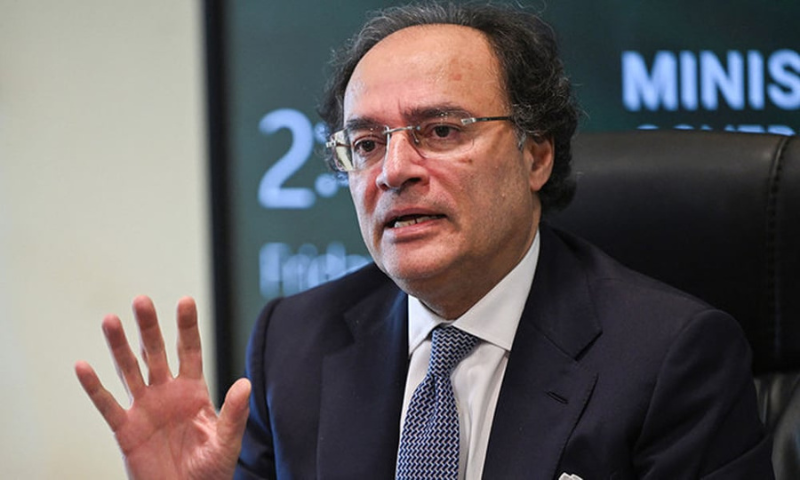ISLAMABAD: Pakistan’s Finance Minister Muhammad Aurangzeb stressed on Tuesday that the government’s foremost priorities include further reducing inflation and facilitating industries.
Wrapping up the debate on the federal budget in the National Assembly, Aurangzeb acknowledged constructive suggestions from parliament members during the discussions.
He highlighted ongoing efforts to expedite the digitization of the Federal Board of Revenue (FBR) and the privatization of the national carrier, Pakistan International Airlines (PIA).
The government has already begun implementing budgetary measures with a focus on sectors such as agriculture, education, and health, Aurangzeb stated.
The finance minister underscored the importance of agriculture, education, and health sectors in the government’s agenda.
He mentioned plans to exempt charitable hospitals from sales tax and emphasized stringent actions against retailers not participating in the FBR’s merchant-friendly scheme. Additionally, pension reforms aim to generate savings.
Aurangzeb expressed pride in the armed forces’ performance and affirmed the government’s commitment to providing necessary resources. He added that steps are being taken to ensure security for Chinese experts in the second phase of the China-Pakistan Economic Corridor (CPEC).
The finance minister provided updates on progress towards the next International Monetary Fund (IMF) program, aiming for it to be Pakistan’s final such program. He highlighted that the upcoming fiscal year’s budget prioritizes completing ongoing projects and promoting public-private partnerships.
He further stated that the federal budget aims to reduce the fiscal deficit by focusing on increasing resources and cutting unnecessary expenses. Immediate measures will target downsizing the federal government and curbing resource wastage, in line with the Prime Minister’s directive for simplicity and austerity.
Aurangzeb affirmed the federal government’s commitment to achieving financial stability in collaboration with provincial governments and enhancing the country’s overall financial resources.
Discussions are ongoing regarding the distribution of federal expenses, with efforts to align provincial contributions with national expenditures, Aurangzeb added, extending gratitude to chief ministers of all provinces for their contributions to this dialogue.
Earlier, Aurangzeb emphasized the country’s imperative to privatize critical sectors. He revealed that Pakistan International Airlines (PIA) alone has incurred losses amounting to Rs. 622 billion, recently absorbed by the government.
Looking ahead, the administration plans to initiate the outsourcing of airports, a strategic move intended to stimulate economic growth by leveraging private sector efficiency, he added.
Acknowledging the necessity of immediate relief measures, he reiterated the government’s commitment to assuming full responsibility for mitigating losses and fostering a conducive environment for sustainable economic progress.
Highlighting the ongoing issue of tax evasion, Aurangzeb noted that many individuals and businesses are avoiding FBR scrutiny due to concerns over harassment, emphasizing that “countries run on taxes, not charity.”

























